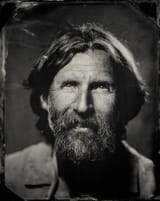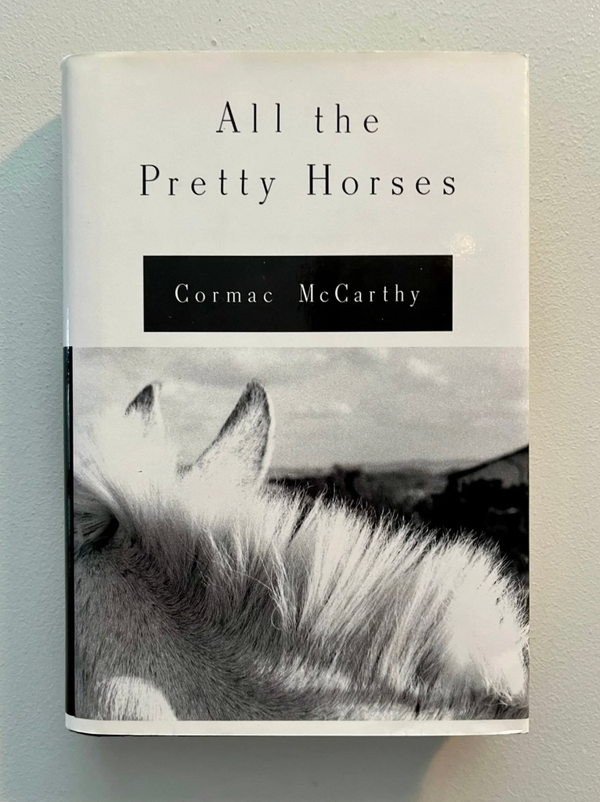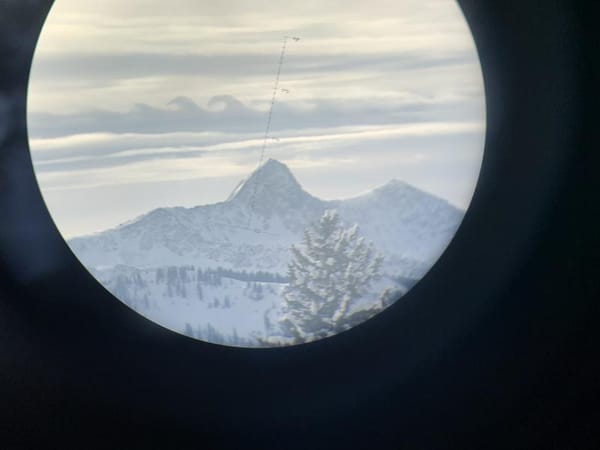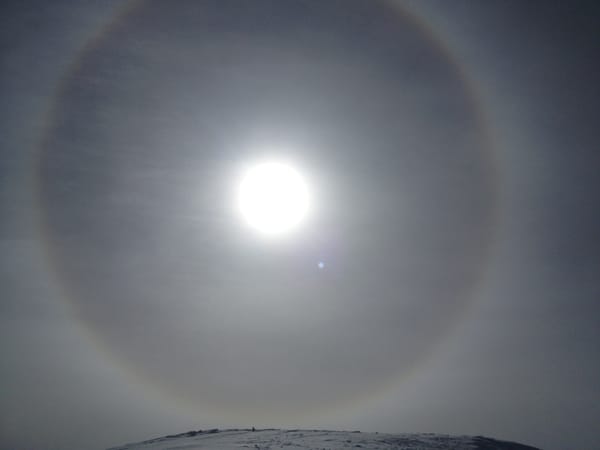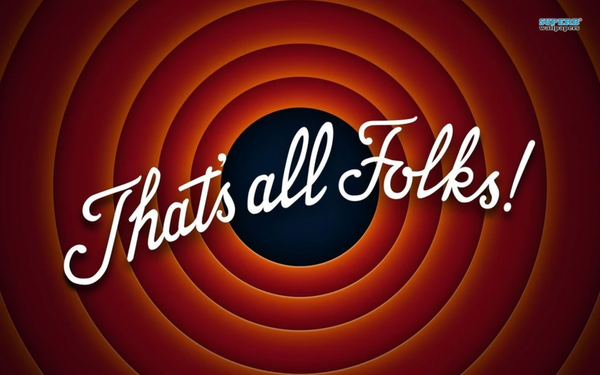A Meditation on Love and Cancer

...and he said that it was good that God kept the truths of life from the young as they were starting out or else they'd have no heart to start at all.
McCarthy. All the Pretty Horses
~~~~~~~~~~~~~~~~~~~~~~~~~~~~~~~~~~~~~~
I know this isn’t really part of the genre, but - well - you get what you pay for.
So.
I have three friends with cancer. We're roughly the same age. I’ve lost others in this way, so it shouldn’t be a shock or a mystery. And yet this time I don’t know what to do; I don’t know how to be a friend to them. (We all live very far from one another.) Norman Maclean writes that sometimes one can love completely without complete understanding, but I don’t think this is what he means. But he does offer that there are times that we just cannot help the ones we love and maybe just them knowing that we love them can be enough.
The other thing I can do is to try to understand cancer itself. Brian Doyle wrote a piece awhile back, On Not 'Beating' Cancer and I’ve re-printed a portion of it below.

Finally, this morning, enough -- I read one too many journalistic references to someone's "beating" cancer, as if cancer was an opponent to be defeated, an enemy to be conquered, a battle in which courage often wins the day.
It's not true. Cancer is to be endured, that's all. The best you can hope for is to fend it off, like a savage dog, but cancer isn't defeated, it only retreats, is held at bay, retires, bides its time, changes form, regroups. It may well be that the boy who survives an early cancer lives a long and lovely life, without ever enduring that species of illness again, but the snarl of it never leaves his heart, and you'll never hear that boy say he defeated the dark force in his bones.
"Beating cancer" is not real. It is not a game. Use real words. Real words matter. False words are lies. Lies sooner or later are crimes against the body or the soul. I know men, women and children who have cancer, had cancer, died from cancer, lived after their cancer retreated, and not one of them ever used military or sporting metaphors that I remember.
All of them spoke of endurance, survival, the mad insistence of hope, the irrepressibility of grace, the love and affection and laughter and holy hands of their families and friends and churches and clans and tribes. All of them were utterly lacking in any sort of cockiness or arrogance; all of them developed a worn, ashen look born of pain and patience; and all of them spoke not of winning but of waiting.
A great and awful lesson is contained there, it seems to me, something that speaks powerfully of human character and possibility. For all that we speak, as a culture and a people, of victory and defeat, of good and evil, of hero and coward, none of it is quite true. The truth is that the greatest victory is to endure with grace and humor, to stay in the game, to achieve humility.
I met a tiny, frail nun once, in Australia, while walking along a harbor, and we got to talking. She said no one defeats cancer; cancer is a dance partner you don't want and don't like, but you have to dance, and either you die or the cancer fades back into the darkness at the other end of the ballroom. I never forgot what she said, and think she is right, and the words we use about cancers and wars matter more than we know.

Brian Doyle wrote this in 2009. He was later diagnosed with, and died from, brain cancer eight years later. Recommended reading from Doyle: Mink River, A Book of Uncommon Prayer (he was a devout but clear-eyed Catholic), One Last River of Song. Although I had enjoyed his writing for years, I did not learn of his death until three years after the fact. It's a lonely place to grieve well after a community has marked a time and place to do so. Norman Maclean of course was the son of a Presbyterian minister, whose memoir begins, “In our family, there was little distinction between religion and fly fishing.” You’ll enjoy Young Men and Fire as well as A River Runs Through It.
See you next week -
Drew
(photos Nick Sisk).
